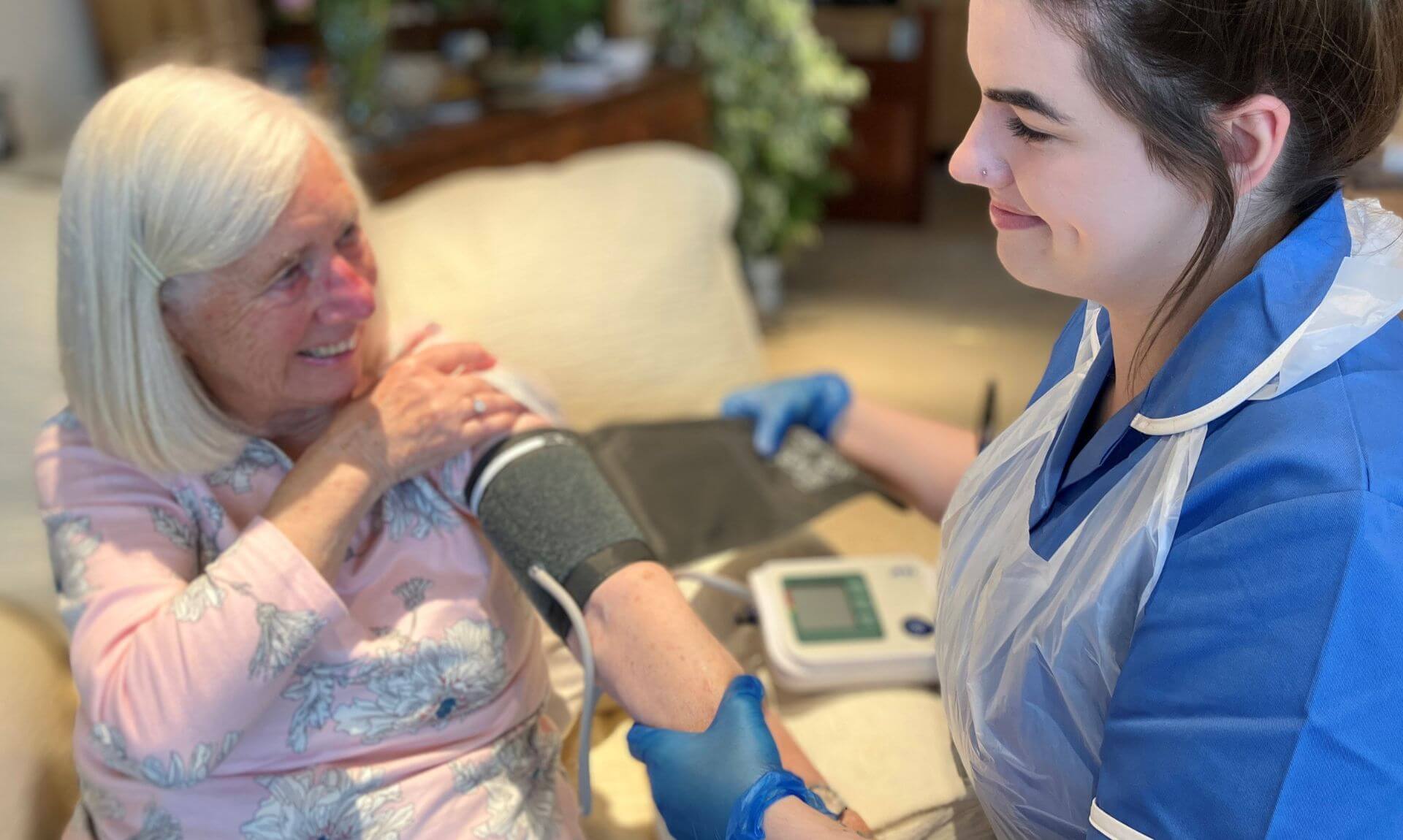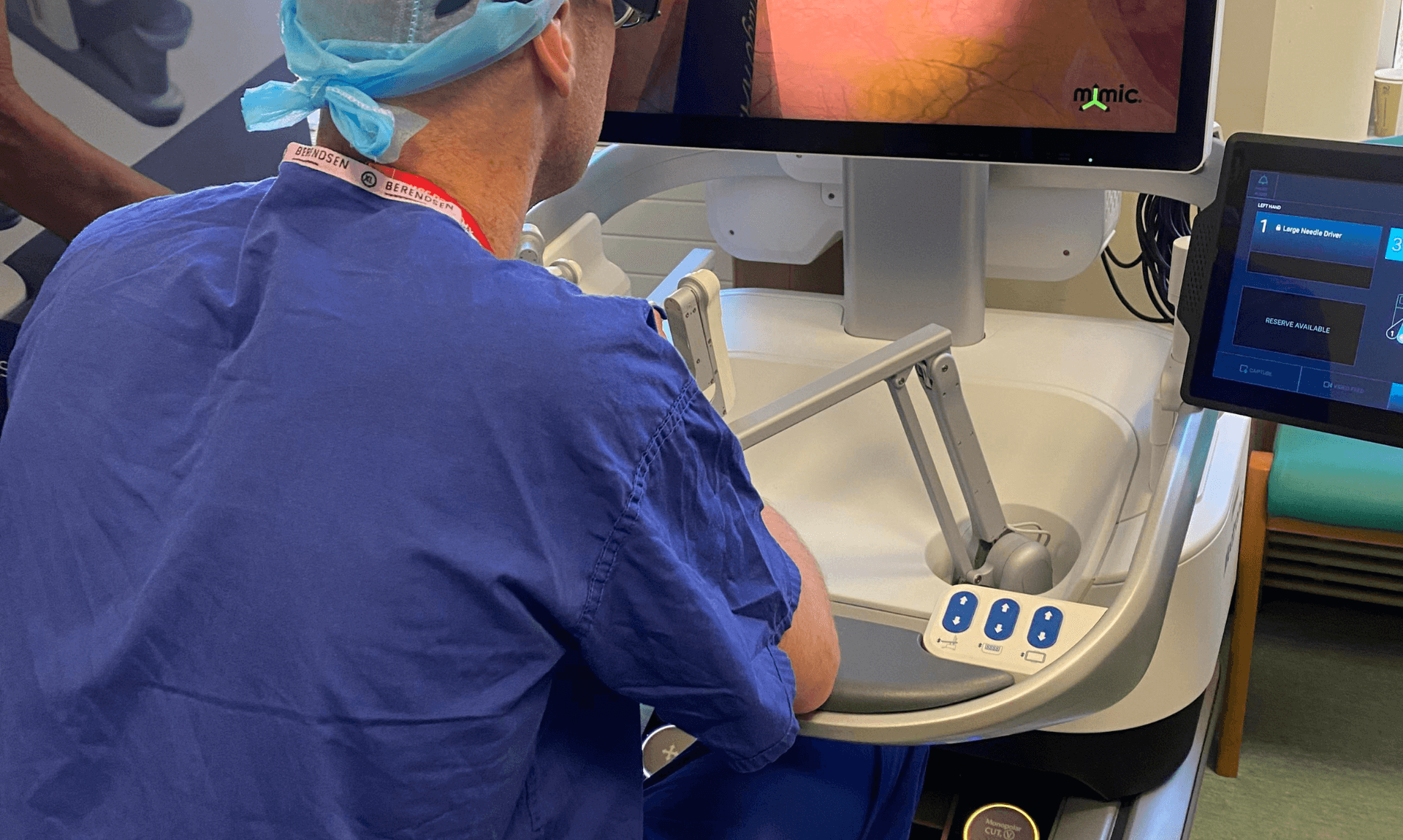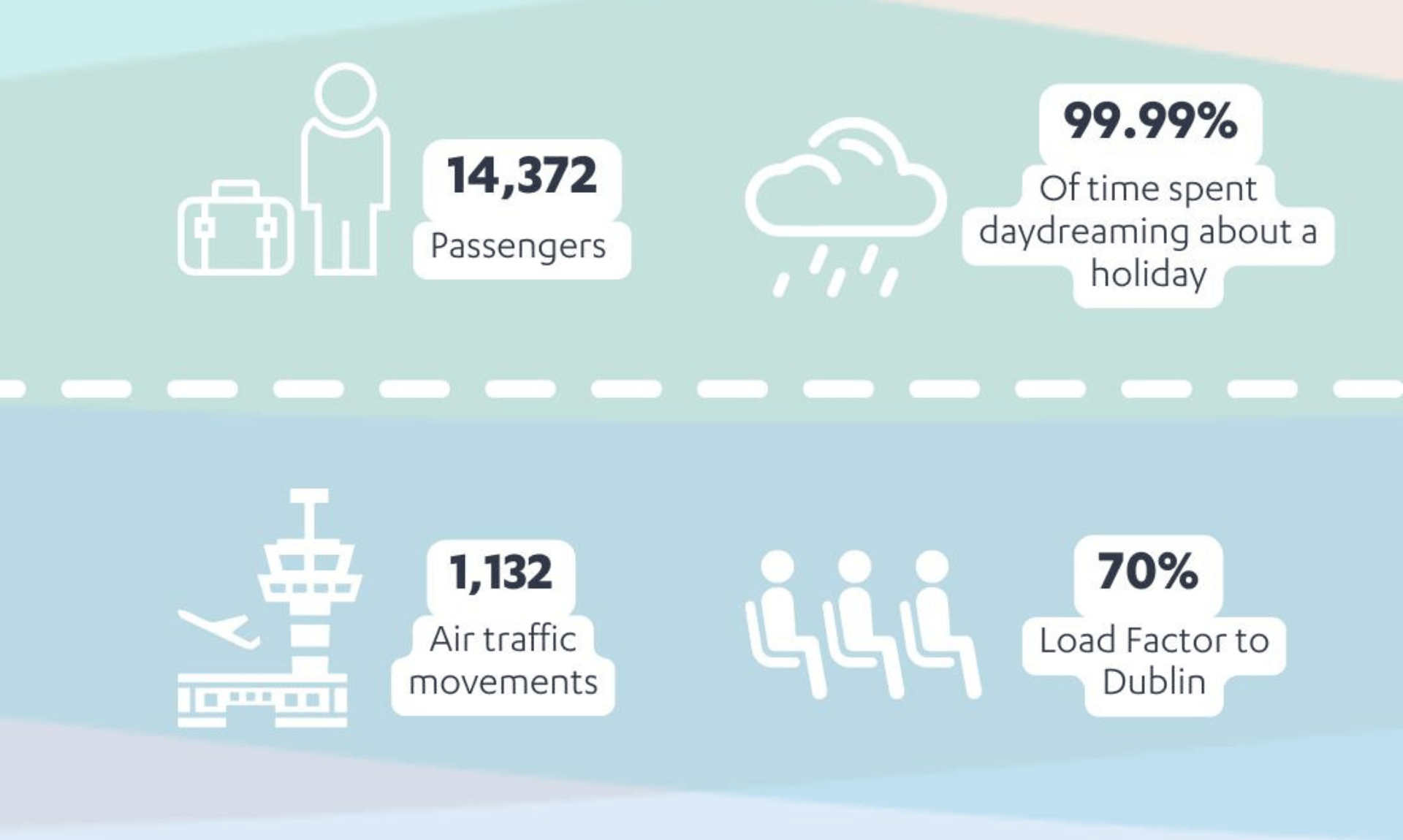As Easter approaches, the NHS, along with community, council, and care teams, is spearheading a concerted effort to ensure patients can spend the holiday at home.
This push includes an array of support services designed to ease the transition from hospital to home.
Virtual Wards Provide Comfort of Home Care
A significant aspect of this effort is the expansion of virtual wards, allowing patients to receive NHS hospital care without the need for an in-patient stay. Susan Bracefield, Chief Nursing Officer for NHS ICB Cornwall and Isles of Scilly, emphasised the effectiveness of home recovery, noting the success of virtual wards in increasing patient admissions. Over 500 new patients benefited from this service in the first two months of 2024, saving more than 5,000 acute hospital bed days. Referrals to virtual wards can be made by GPs and clinicians, with patients and their families also having the option to request admission.
Financial Support for Discharge
Recognising the financial hurdles some families face in bringing their loved ones home, the NHS is offering one-off payments to cover additional care, home adaptations, or services like cleaning and decluttering. This financial assistance is aimed at ensuring patients can safely remain at home. Those interested are encouraged to inquire with ward staff about accessing these personal health budgets.
Community Support and Information
To further facilitate the transition home, the NHS has established the Community Gateway helpline. This resource provides guidance on available support and helps in crafting personalised care plans for post-hospitalisation care. Available every day of the year, this helpline ensures no one is left without support outside hospital walls.
In addition to direct support, online resources and information are being actively promoted to raise awareness of these services ahead of the Easter period.
Susan stresses the dual benefit of these efforts: not only do they support individual recovery by allowing patients to recuperate in the comfort of their own homes, but they also free up essential hospital space for those in need of emergency care.
Through these comprehensive measures, the NHS is committed to ensuring that more patients can enjoy the upcoming Easter holiday with their families, bolstered by the necessary care and support.




























